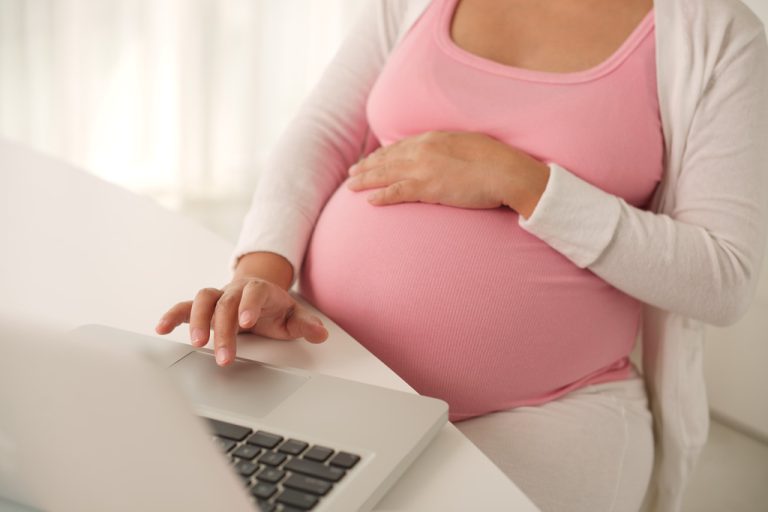If you want to snack on liquorice during pregnancy, you should be careful. Because in larger quantities, the liquorice contained can harm the child. But you don’t have to do without the candy completely.
The black snack is known for its tart and salty taste and is made from liquorice roots. During pregnancy, however, you should note that large quantities of liquorice can have a negative effect on the development of your baby. The glycyrrhizin contained in the liquorice extract can also cause blood pressure to rise dangerously. So should you avoid liquorice during pregnancy?

Liquorice during pregnancy: the amount makes the difference
As a rule, you can also eat liquorice during pregnancy, as long as you only eat small amounts. Researchers at the University of Helsinki warn that too much liquorice can have serious adverse effects on children’s brain development. The child’s memory can also suffer from the consumption of liquorice. Further consequences for the child can therefore be:
limited vocabulary
concentration problems
poor spatial awareness
Tendency to aggressive behavior
According to the study, licorice during pregnancy can also cause girls to reach puberty earlier and progress faster. But don’t panic: You won’t harm your child if you eat less than 125 grams of liquorice per week.
Glycyrrhizin in liquorice: Dangerous during pregnancy
The harmful effects of licorice are related to the ingredient glycyrrhizin. This substance is contained in the liquorice root. Liquorice products that contain more than 200 milligrams of glycyrrhizin per 100 grams must be labeled as strong liquorice. In 50 grams of strong liquorice there are already 100 milligrams of glycyrrhizin. You should definitely not eat more than that when you are pregnant.
Because excessive consumption can have serious consequences for you and your child:
During pregnancy, the placenta protects your child from certain harmful substances. Glycyrrhizin ensures that this barrier function for the stress hormone cortisol is suspended. As a result, cortisol reaches the baby in large quantities and can have a harmful effect.
Too much glycyrrhizin can also increase blood pressure. This can promote labor and increase the risk of miscarriage.
The Federal Institute for Risk Assessment recommends not taking in more than 100 milligrams of glycyrrhizin per day. You can therefore safely eat up to 100 grams of normal liquorice a day, but you should be careful when consuming strong liquorice.

When should you give up liquorice altogether?
In these cases, it is best to completely avoid licorice during pregnancy:
If you already have high blood pressure, licorice can make your symptoms worse. Therefore, it is better not to eat licorice to reduce the risk of premature labor.
The glycyrrhizin contained in liquorice can also cause complications in cardiac arrhythmias.
The less, the better: For health reasons, you should always consume liquorice in moderation. In addition, the liquorice used is mainly grown in Southwest Asia. Long transport routes are therefore necessary to bring liquorice to our supermarkets. You should also use liquorice sparingly due to the CO2 emissions generated during transport.

